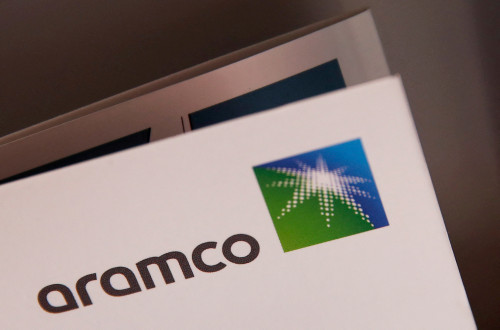By Nandita Bose and Jeff Mason
WASHINGTON (Reuters) – Democratic presidential candidate Kamala Harris’s economic agenda will focus on lowering the cost of groceries, housing and healthcare, bolstering the child tax credit and drawing a contrast with Republican Donald Trump on tariffs and taxes, aides and advisers said.
Harris, the U.S. vice president, plans to lay out some details of her economic plan in a speech in North Carolina on Friday that will touch on lowering costs and “price gouging,” a sign of how important consumer prices are to voters in the Nov. 5 election.
Inflation fell to below 3% for the first time in nearly 3 1/2 years in July, the Labor Department said on Wednesday, but high prices of groceries and consumer goods remain well above their pre-pandemic levels.
The economy remains a top concern for U.S. voters, who generally see Republicans as better economic stewards.
Harris’ economic platform closely mirrors that of President Joe Biden and aims to appeal to the middle class. Her campaign will pay special attention to what plays well with voters in battleground states, with less than 90 days from the presidential election, advisers said.
“Same values, different vision,” said one aide, describing how Harris’ economic agenda will be different from Biden’s. “She’s not moving far away from him on substance, she will highlight the ones that matter most to her.”
The Harris campaign declined to comment.
The Trump campaign has been mulling new tax cuts for middle class households, and Trump proposed eliminating taxes on tipped wages — something Harris did as well in Las Vegas last week.
Harris cares a lot about “pocketbook issues for working families, in particular those with small kids,” one Harris adviser told Reuters. She was a champion of the child tax credit, which reduces the tax burden for lower-income families.
“She’s going to embrace that,” the adviser said.
Progressive economic ideas often poll well with voters, but they have proven tough to pass into law. Most of Harris’ and Trump’s economic priorities need to go through Congress. A child tax credit bill passed the House but stalled in the Senate this year.
Not all elements of Harris’ economic agenda will make it to the Friday speech, a draft of which is still in the works. Her campaign wants to avoid dividing voters and attracting attacks from business groups over granular details, and will be “strategically ambiguous” in areas like energy.
Harris no longer supports measures from her short-lived 2020 presidential bid such as a fracking ban, or Medicare for All, advisers said.
She will push plans to cut costs of rental housing and homeownership, including funding more affordable housing and building climate resistant communities.
“She does have a focus on housing because we know and she knows very, very clearly that housing is a crisis in this country,” said Marcia Fudge, a Harris adviser and the former secretary of Housing and Urban Development under Biden.
Harris will also draw contrasts with Trump on tax policy and tariffs, and maintain Biden’s promise not to raise taxes on people who make $400,000 or less a year, advisers said. Trump slashed the corporate tax rate to 21% from 35% and implemented other tax breaks that are set to expire next year.
Trump has promised to make the tax cuts permanent and suggested new across-the-board tariffs on imports, an idea Harris rejects. Trump’s campaign on Wednesday tied Harris to Biden’s economic record.
“America cannot afford another four years of Kamala’s failed economic policies. President Trump has a proven track record of making this country prosperous and affordable, and Americans can trust him to put more money back in their pockets again,” Trump spokesperson Karoline Leavitt said.
(Reporting by Nandita Bose and Jeff Mason in Washington; Editing by Heather Timmons and Alistair Bell)




